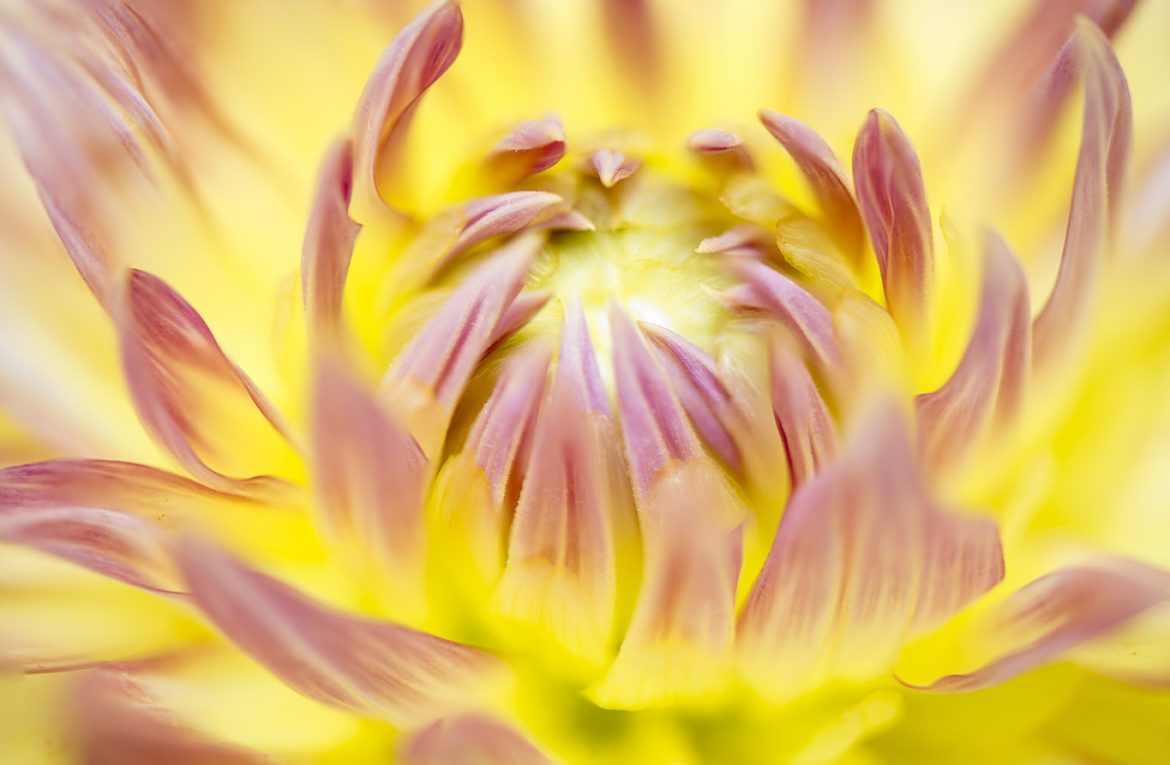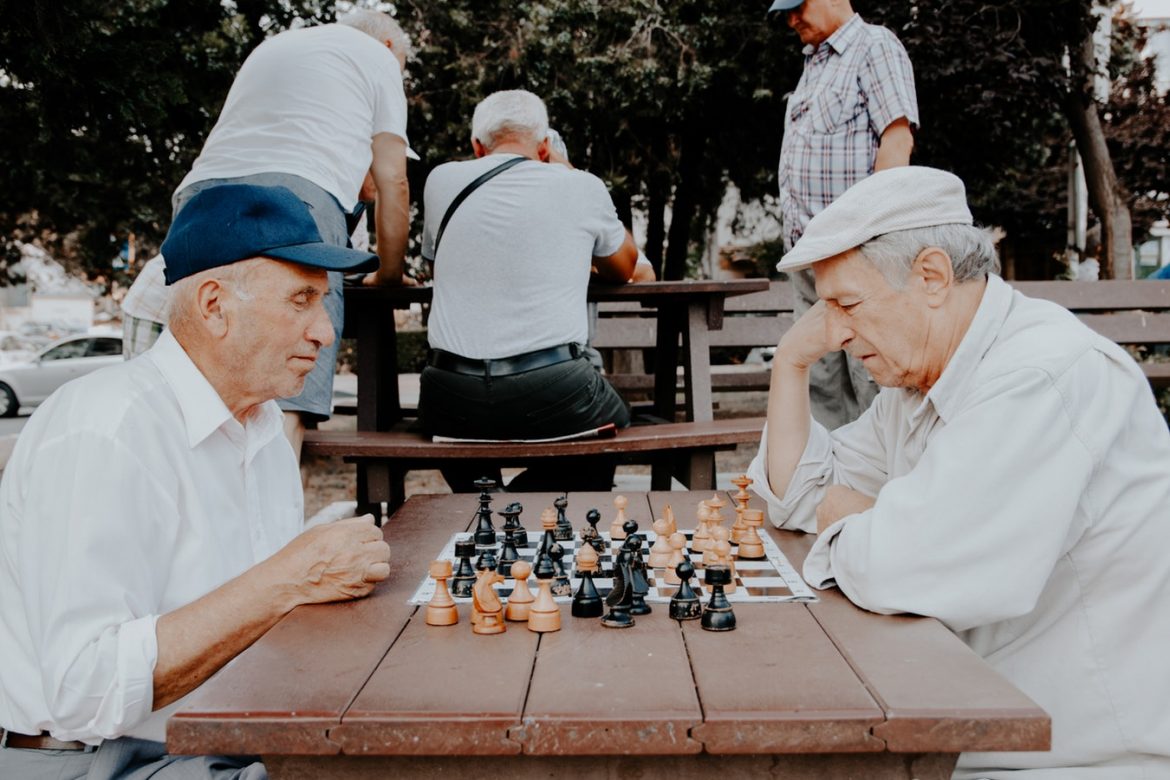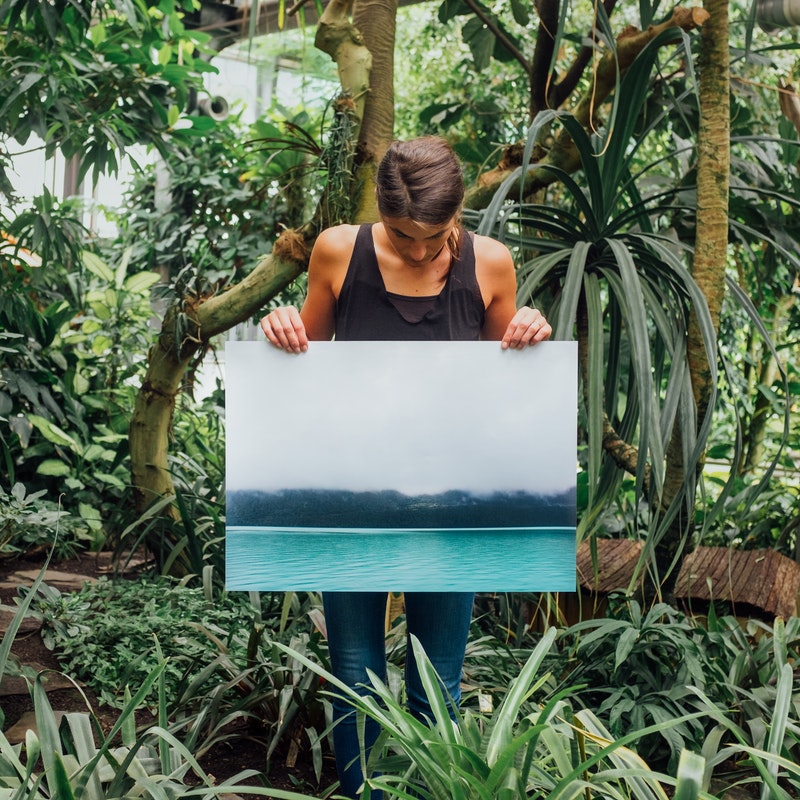As we enter into our new theme this summer, Spirit of Imperfection, let us reflect on this beautiful poem by Jeannie Kendall–
Wholeness and brokenness
can be strangely misleading.
We wear our “wholeness”
like a badge of honor
seldom recognizing
that it is a shield;
our prized invulnerability a mask
deflecting gazes
which we fear
may linger too long
and see what is within.
Yet, if we could but own
our brokenness,
find it held by fellow-pilgrims
as a sacrament;
we may yet discover
that in our fragile, broken selves
we are more whole
than ever we were
hiding behind our strength;
and where we see only fracture
God sees instead
a window
through which
His light and life
may flow.
by Christine Sine
This week I have done an orgy of cooking from our garden produce – chocolate zucchini bread; pear and raspberry bread; Thai basil, cashew and coconut pesto, and much more. It has been fun to cook and eat from the abundant bounty of the garden. What is not abundant yet is the harvest of tomatoes. In fact I have just picked the first few, and much as I am tempted to eat them all myself, I know that I need to share these “first fruits” and plan to use them in a salad for our community meal tonight.
I could not help but think of this Sunday’s reading from The Revised Common Lectionary was read. First we heard 2 Kings 4:42-44
a man from Baal-shalishah brought some food from the firstfruits of the harvest to the man of God: in his sack were 20 barley loaves and fresh produce still in the husk.
Elisha: Distribute this food to the people so that they may fill their hungry bellies.
Servant: Do you really think this will be enough for 100 hungry men?
Elisha:Yes, do as I said, and distribute this food to the people. The Eternal One says, “They will fill their bellies and still have some food left over.”
He handed out the food to them; and exactly as the Eternal One said, they ate and had food to spare.
Then from the gospel of John 6:1-21 – the story of the little boy with five loaves and two fish.
Sharing the first fruits of any harvest is always challenging. In agrarian cultures first fruits came at a time when everyone was lean and hungry, wondering whether their stored goods would last until abundance once more filled the earth. Today first fruits may not mean the difference between hunger and a full stomach but there is still something wonderful about them. The first tomato of the season excites taste buds that have not been stimulated since last season and we want more! Surely there is only enough for me (and maybe for Tom.)
Yet now we are being asked to share – a paltry amount – nowhere near enough to feed 100 hungry men, an even smaller amount to feed a crowd of more than 5,000 hungry men, women and children. It is impossible to believe we can hand it out, feed everyone and still have some left over.
The servant and the disciples do the maths, and know it is impossible. They act like hired hands or slaves, not believing in the impossible but obeying begrudgingly, without much joy or hope. They were probably filled with anxiety and the rumbling of their stomachs probably made them resent the crowds around them.
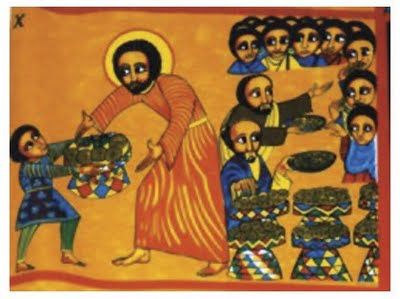 Contrast the little boy, a child – probably surrounded by a flock of friends, all laughing, excited egging him on, like flocks of kids that used to follow us in African villages. They alone believe in the possibility that Jesus can and will perform a miracle. In many ways this little boy’s offering is a first fruits offering too. He doesn’t have much but what he has he is willing to give. This is the first time as far as we know that he has given anything to Jesus, something small that Jesus could make big.
Contrast the little boy, a child – probably surrounded by a flock of friends, all laughing, excited egging him on, like flocks of kids that used to follow us in African villages. They alone believe in the possibility that Jesus can and will perform a miracle. In many ways this little boy’s offering is a first fruits offering too. He doesn’t have much but what he has he is willing to give. This is the first time as far as we know that he has given anything to Jesus, something small that Jesus could make big.
I wonder today as I reflect on these stories “how often do we get caught in an attitude of scarcity because we react as servants rather than as children of God? We look at what we have to offer be it food, or talent, or money and don’t think there is enough for our own needs let alone an abundance to share. We don’t get excited about the possibilities of what God can do and resent God’s invitation to be generous with the first fruits of our labours. We have done the maths and know that there is just not enough for everyone.
Kids are not great mathematicians but they are great sharers and they are great believers in the awe and wonder of miracles. When they see someone with a need they are right there wanting to help and they believe what they have in their hands can make a difference.
What will it take for us to become like children again – excited, expectant and eager to share because we know that in the hands of Jesus the little we have can always be transformed into enough for everyone? The really exciting and awe inspiring thing is that when we begin to share we do see our first fruits multiplied, our excitement grows and we become generous with everything that God places in our hands.
Can you imagine how that kid and his friends must have felt after they watched the huge crowd eat from their little offering? I am sure they talked about it for days if not years afterwards.
So I find myself wondering again: Were some of these kids amongst the early believers in Acts 2:42-47 once more filled with awe and wonder as they now shared meals and possessions together? Did they remember that first time of sharing when they saw Jesus perform a miracle of provision for a great crowd and so believed that he could still multiply their possessions to provide for everyone?
What Is Your Response?
Romans 8:15 tells us that we are not slaves or servants but children of God yet we rarely act as children. We don’t play, get excited or gasp in awe and wonder at the world and its abundance.
Sit prayerfully for a few minutes and think back to your childhood. What is one occasion you remember when you got excited about sharing with others/ How did you feel? What further responses did it stir in you?
What would it take for you to act as a child today? What “first fruit” do you think God might be prompting you to share? How can you respond.
For more reflections one “first fruits” you might like to check outOffer Your First Fruits to God
 This vista feeds my soul
This vista feeds my soulBy Tom Sine —
 Back in 1991as a young white guy, I wrote a book entitled: Wild Hope. In it I predicted“that by 2020…those who are non-white, in the US, will have doubled…” {Wild Hope, p.139} I welcomed this trend as an opportunity. “We are headed into a future in which we have the opportunity to be enriched by the many expanding ethnic cultures that comprise our country.” {Wild Hope p.142]. In fact I urged followers of Jesus to join me in welcoming this hopeful future.
Back in 1991as a young white guy, I wrote a book entitled: Wild Hope. In it I predicted“that by 2020…those who are non-white, in the US, will have doubled…” {Wild Hope, p.139} I welcomed this trend as an opportunity. “We are headed into a future in which we have the opportunity to be enriched by the many expanding ethnic cultures that comprise our country.” {Wild Hope p.142]. In fact I urged followers of Jesus to join me in welcoming this hopeful future.
Waking-Up to my White Privilege
As an old white guy in 2016 I read a book by a good friend, Jim Wallis at Sojourners, entitled America’s Original Sin: Racism, White Privilege, and the Bridge to a New America. Jim’s book celebrated the new future I had written about as a younger man. However, until I read Jim’s book I had been largely oblivious to my “White Privilege.” I was deeply convicted.
Since then I have become more aware of the educational and societal opportunities I have had that many don’t and the doors they opened for my life. I have also started seeking to use some of the privilege I enjoy to help empower others that have-not had those opportunities.
For example, I am working with a pastor, in an inner cultural community here in Seattle, to help high school students, that are not headed to a 4 year college, to find other training. In Seattle the new reality is that young people can no longer find a job with a high school diploma that will pay a living wage.
However, there are opportunities to train as a medical assistant, coder or in the technical trade. These positions pay $30 to $90 an hour. I urge church planters to consider making this a primary part of community outreach…to give all students an opportunity that those of us in the privileged middle class tend to take for granted.
Waking-Up to my Speaker Privilege
As an Old White Guy, and an author, God has also awakened me to other aspects of my privileged lifestyle I have also taken for granted. For example, several weeks ago I was speaking to a group of Christian leaders in Grand Rapids. I was seeking to persuade them to do something radical….to invite the ideas of the young to create new forms of neighborhood change making that I describe in Live Like You Give A Damn!.
Later when a I viewed the video of our session I was disappointed to discover that during the question and answer session I responded too quickly to questions. Another form of privilege is assuming as “the invited experts” we have all the answers. I would have been wise to ask more questions before responding. I could have been more responsive.
Waking-Up to my Male Privilege
Finally, I have also been discovering there is also such a thing as “male privilege” in culture, church and even marriage, I thank God for my wife Christine and many wonderful marriage years together. Thankfully we have never had issues of fidelity but we have had issues of challenging communications.
One of the main issues in our difficult communications was my sense of male privilege manifesting by taking off on a professional pursuit without taking time to explore both of our professional plans for the week ahead. We are not only working on this but our counselor has encouraged us to set up regular “business meetings” every few weeks to work on un-resolved communication issues.
This past year I have had the opportunity to be supportive of Christine as she completed her first book with IVPress…The Gift of Wonder. It is a wonderful book on creative approaches to spiritual practices that will be released next year. We also find going on quiet prayer retreats help us work together as a team in all areas of life.
AN INVITATION- This old white guy wants to change and be a faithful follower of Jesus… so give me a hand. I have worked as an an author and speaker not only in the US but in other countries.
If you have ever been at a church or a situation where I have spoken and I have not been sensitive or responsive to your questions or sensitive your concerns shoot me an email. I would like to apologize and have a second chance to be responsive…while I am still on the planet. twsine@gmail.com
Do join me in praying that all Old White Guys, all over this country, will embrace the welcoming Spirit of Jesus to all the strangers, as we become a more multi-cultural society…including keeping families together.
By Ana Lisa de Jong —
A CANVAS
What would you do with a canvas,
a brush, and colours?
What could you bring to a table set blank
with paints, and space to make your mark,
to leave your print.
I have a feeling He’s given us permission
to pick the paints,
and the colours that reflect us.
I know he’s given us a place no-one else has.
Has established our borders
to protect what we need to flourish.
Yes, what would you do if you believed,
the colours were yours to choose,
the place yours to claim.
You might just spread up as high as out.
Reach that little bit,
like the Eifel Tower.
Or you might turn in and write,
words that in their singular state
nudge the world when they connect.
Or you might express
your expansive heart,
with colours wild and free.
And when you look at what you’ve made
might hold your breath,
and say, ‘This? This, is me?’
So, take your brilliant gift,
dance, and draw,
and create with it.
Because I don’t think the table
is set in concrete.
Rather, it’s a moveable feast.
And please don’t say,
things can never change
when we all hold the canvas and pen.
Ask yourself,
what would you do with a canvas,
a brush, and colours?
Then paint yourself
the colours you’d be.
by Christine Sine
Tom and I celebrated our 26th wedding anniversary last Wednesday. We are so grateful for the years we have already spent together, but find ourselves thinking more about the future and particularly our future than we once did. My meditation focus for the week has been What shapes your future?, the last of three of my “handprint posts on what has shaped my life. In many ways this has been the most meaningful of all.
I am convinced that what shapes my future more than anything else is my faith. Its strength, its resilience, my practices and their importance to me will all determine how I weather the future.
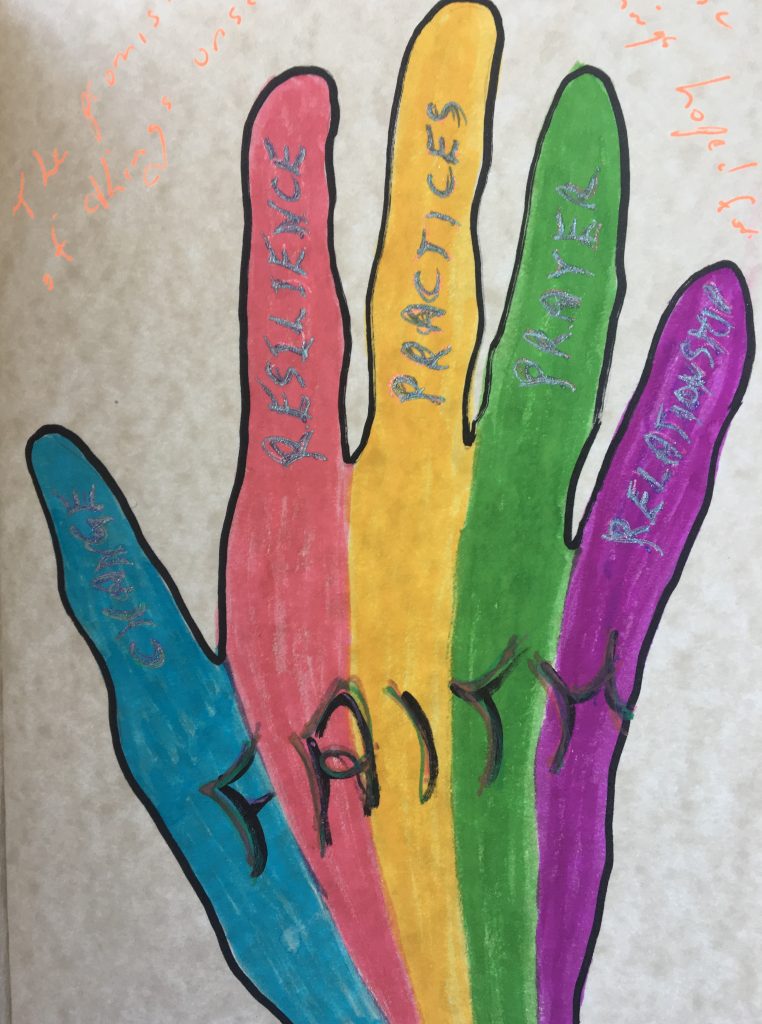 What Shapes My Faith?
What Shapes My Faith?
This was the first question I asked myself. Five things came to mind:
- Accept change with gratitude
As I look to the changes I know will happen both in my life and in our world over the next few years I realize I have two choices – I can embrace it, looking for the good and accept it with gratitude or I can resent what is being given up, reject change and scream in the dark. This does not mean I will sit passively and wait for change to happen. There are some changes we can control. Exercise strengthens our bodies and makes it easier for us to adapt as we age. Games, puzzles and mental exercises help our brains stay young. I think spiritual exercises keep our spirits you and adaptable too.
- Cultivate resilience
I have long been an advocate for practices that create resilience. How do we make sure that we can be buffeted by the winds of the future without breaking? Interestingly similar practices to those that make it possible for us to accept change are needed – exercise, spiritual practices, gratitude, refocusing retreats, community are all elements of my life that have contributed to my resilience.
- Create practices that restore and renew
As you know I am a strong advocate for regularly revising my spiritual practices so that they most effectively guide me into the future. Distinguishing between Rituals of Restoration and of Transformations is one concept that has really helped me here. Studying scripture, memorizing it, and allowing it to fill our inner being can also be important.
- Embrace Prayer as Communion with God
My understanding of prayer has changed considerably over the last few years. There are three basic forms of prayer we all need – those that reach inwardly and strengthen our hearts and minds, those that stretch up and strengthen our relationship to God and those that reach out and strengthen our relationship to others. All are ways to commune with God and without a balance of all three our lives are the poorer. I love my morning times of meditation and the sense of intimacy with God they provide but if that is the only form of prayer I engage in I will soon stagnate and drift away from God. Intercession for those I love as well as for those in hurting and wounded world is just as important.
- Strengthen Relationships
My husband, family friends, community and my interactions with the broader worldwide community are also important aspects of aging well into the future. This too may need to be a deliberate act – the busier we are, the more tired we become, the easier it is to neglect relationships. There needs to be intentionality in our relationships. Most closest friends and I have begun a discussion about what we need from each other as we move into the future. I wish we had done this many years ago – it is not just about aging, it is about living life together. The more we share, the stronger our bonds become and the richer our relationships become.
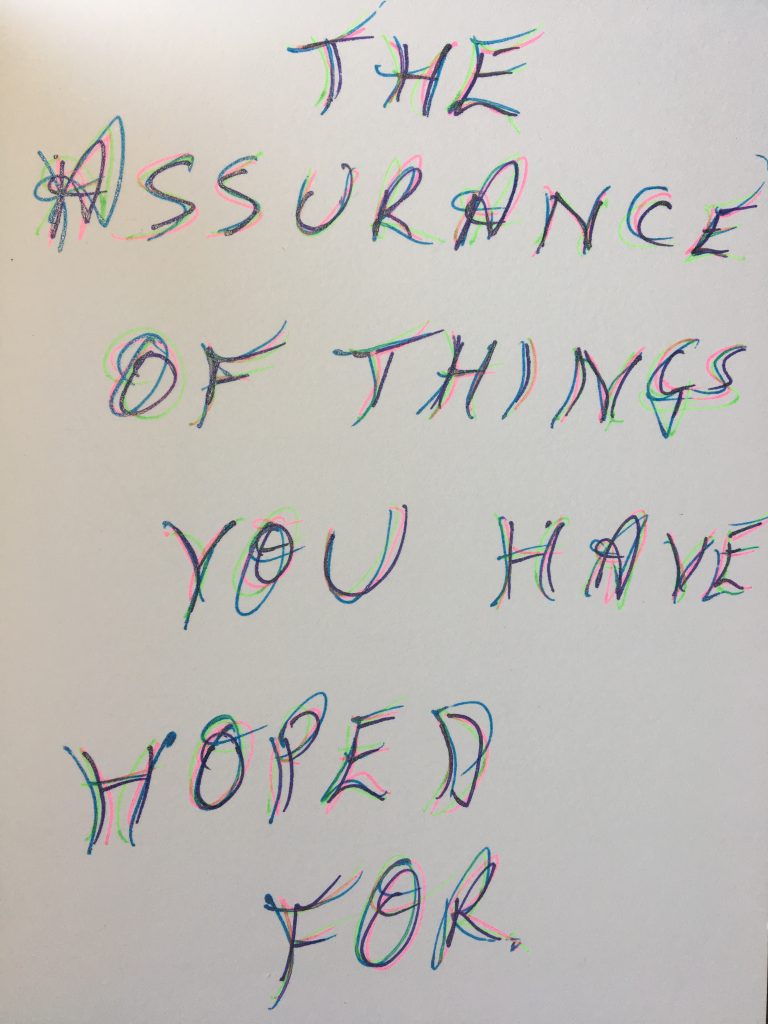 What Unseen Things Does God Still Want Me to Accomplish?
What Unseen Things Does God Still Want Me to Accomplish?
Not surprisingly Hebrews 11:1 Faith shows the reality of what we hope for; it is the evidence of things we cannot see, comes to mind as I think of these things. None of us know what the future holds but this verse sums it up well
What do we hope for as we look to the future? I realize that to “age well” I need to focus not on trivial unseen things like relief from aches and pains or wrinkles, but more my life focus. What are the unseen things God still wants me to accomplish? I wonder. How can I continue to be an advocate for justice and sustainability?
I am appalled by the political environment in which we live. The treatment of refugees, reveal of environmental protection laws, attitude towards Muslims and LBGTQ people and growing animosity on both sides of the political divide horrifies me. And I feel I can do so little.
I believe in a God of love not hate, a God of forgiveness not retribution, of caring and compassion not indifference of peace not war and violence.
How do I share God’s love for all the people of the world and for the world itself in this kind of an environment? This I think is one of the most challenging questions all of us have to grapple with as we look at the future.
What do you think? As you look at the future what are you most passionate about and how does that shape how you ct and what you commit your life to?
By Lilly Lewin
As many of you know, I am a big fan of crayons! I totally believe that crayons are for everyone! I believe that all ages should have access to crayons in church and be invited to draw during worship.
I often post the art that I draw during worship gatherings, hashtaging them #sermonssketching on Instagram. Art is how I express my worship to God.
This past Sunday our thinplaceNASHVILLE community gathered at the Frist Art Museum to do an Art Walk as our time of worship and reflection.
At an Art Walk we allow God to take us on a journey through the art museum and we take time to notice the colors, the story, the textures in the works around us. We allow the Holy Spirit to speak to us through the art as well as listening to a passage of scripture together (Lectio Divinia as we begin our time together). Then after an hour or so, we meet back in the café and talk about what we saw and where God took us on our walk.
One of the exhibits currently on view is entitled “Chaos and Awe” and reflects much of how our culture is now filled with disconnection and distance from one another.
Another exhibit is by an Iranian American artist named Afruz Amighian, amazing sculptor of form and light. Her works are curated in an exhibit called “The Presence of your Absence is Everywhere.”
Jesus spoke to me through both of the these exhibits, and even through the people at the museum on Sunday. It gave me hope to see so many families there together and so much diversity in the people gathered there. Art speaks to everyone! Regardless of color or nationality, or age!
At the café, after our meal and discussion, we closed our time together by choosing crayons out of a crayon box. We each took home three crayons.
One represented a color that we needed for the week.
Another was a color we would give away to someone else to bring them Joy and Hope.
And the third crayon we chose was a crayon to help us pray with during the week.
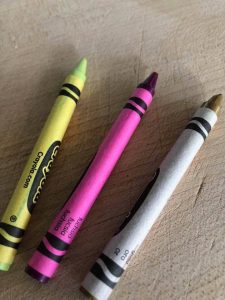
Get a Box of Crayons and you can do this too!
What do colors represent for you?
What does a box of crayons represent to you?
Fun, creativity, joy? Or fear or frustration because you don’t’ like to draw.
Pick a crayon that represents who you are…what color did you choose and why do you like this color? Maybe you need to choose more than one.
Or choose a color that reminds you of something you need to remember…or something you need in your life right now. I choose a beautiful blue crayon because blue gives me peace, like the ocean does.
My husband chose an Avocado colored crayon because he wanted to remember that “ you cannot please everyone, you are not an Avacado”
Now choose a crayon that will remind you to pray for someone else this week. Who is that person and what is their color? I chose a color that would remind me to pray for the president.
Now, Pick a crayon to give to someone else to bring them joy and hope this week. What color did you choose? Who do you want to give it to?
Finally, you might choose several crayons that represent your life right now or your emotions, and hold these crayons in your hand. Let your hand become God’s hand. Picture Jesus/God holding all the things, all the colors your life, your emotions, pain, joy and sorrows. Know that God is using these colors to create a beautiful picture.
Allow God to hold all your crayons today!
Remember that the God of the Universe created all the amazing colors in our world and God holds all the colors of our lives together in his hand!
Praying you take time notice the colors around you this weekend, or even take an art walk to a museum or gallery near you. Or get some paper and crayons and find joy in the coloring.
As an Amazon Associate, I receive a small amount for purchases made through appropriate links.
Thank you for supporting Godspace in this way.
When referencing or quoting Godspace Light, please be sure to include the Author (Christine Sine unless otherwise noted), the Title of the article or resource, the Source link where appropriate, and ©Godspacelight.com. Thank you!

